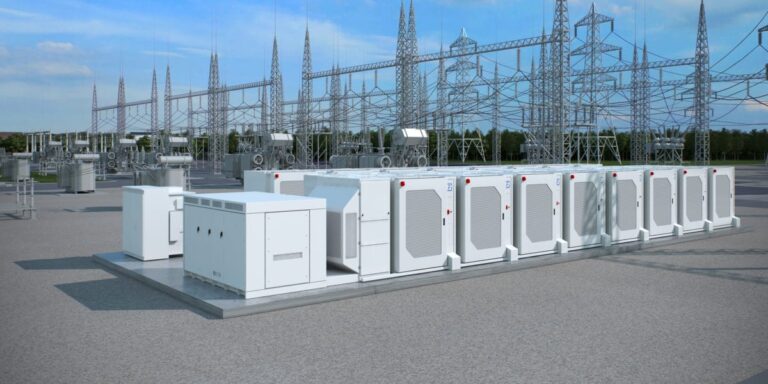Bulgaria has installed between 40 MWh and 50 MWh of battery energy storage capacity to date. However, new national legislation and funds from the European Union’s Recovery and Resilience Facility could see the country install a further 1 GWh over the next two years.
By ESS news
Sepehr Soltani, principal energy storage analyst at Norwegian consultancy Rystad Energy, told the RE-Source Southeast conference held in Sofia, Bulgaria in May that Bulgaria offers the highest battery storage revenue potential in Europe.
Specifically, according to data presented by Soltani at the RE-Source Southeast Conference, the Bulgarian electricity market offers opportunities for €110 per MWh profit with a battery energy storage system with two-hour discharge capacity using energy arbitrage. Rystad Energy’s analysis has set the cost of the battery system at a fixed €60 per MWh.
Despite this possibility, the conference argued that energy storage was not that important in Bulgaria until recently and that this is due to Bulgaria’s abundant operational capacity in coal and nuclear energy. Nevertheless, the country must comply with European Union (EU) rules for emissions reductions and the phasing out of coal-fired power stations is imminent. Considering that renewable energy sources will fill the gap in coal generation, the role of energy storage will also have to increase.
“In fact, we are already seeing the transition to energy storage in Bulgaria, mainly through the development of behind-the-meter battery storage facilities,” said Alexander Rangelov, CEO of the International Power Supply (IPS) Group, an energy storage manufacturer headquartered in Sofia, told pv magazine.
Bulgaria has installed between 40 MWh and 50 MWh of battery capacity to date, with business models mainly based on grid balancing and arbitrage. Interestingly, according to Rangelov, some large consumers, such as factories, are also installing behind-the-meter battery energy storage systems, even without having an on-site renewable energy generation facility. “They do this to reduce their electricity costs by consuming the stored energy themselves during times of low electricity prices,” he says.
Another development that could boost battery storage in Bulgaria is a recent update to national legislation to include battery energy storage systems as part of the electricity grid.
“Previously, battery systems were only used for self-consumption and backup purposes, we believe new business opportunities are now emerging. The update to the legislation, coupled with new funding from the European Union’s Recovery and Resilience Facility, means that around 1,000 MWh of new battery capacity is expected to be connected to the electricity grid within the next two years. This capacity will be used for both solar peak reduction and grid balancing,” said Rangelov.
The Bulgarian Ministry of Energy is currently conducting two tenders aimed at commissioning 1,425 MW of solar and wind generation capacity, coupled with 350 MW of behind-the-meter energy storage. The deadline for submitting project proposals was June 12, 2024, and the ministry accepted bids from companies in all sectors except agriculture, forestry and fisheries. So far, the government has not announced any plans to procure pre-meter energy storage capacity.
To read further, visit our ESS news website.
This content is copyrighted and may not be reused. If you would like to collaborate with us and reuse some of our content, please contact: editors@pv-magazine.com.


